About World Immunization Week
World Immunization Week is a global public health campaign to raise awareness and increase rates of immunization against vaccine-preventable diseases around the world. World immunization week takes place each year during the last week of April, 24 – 30. In the spirit of raising awareness, let’s begin with one of the most misunderstood concepts about vaccinations: the unfounded relationship between the measles, mumps and rubella (MMR) vaccine and autism.
Debunking the MMR Vaccine Scare
One study spearheaded a massive concern about the association of the measles, mumps & rubella (German measles) vaccine and the development of autism. This study is one of many concerns parents have related to vaccinating their children. For the sake of anyone still seeking clarification and in light of World Immunization Week, here is a timeline of the events that took place from 1996 to present about the dramatic study that was NOT based on statistics, had no control group, relied on people’s memories, and made vague conclusions that weren’t statistically valid:
Now, let’s take a look at the numbers of measles cases reported since the report was published and retracted:
Oddly, even though the Lancet retracted the Wakefield study, the number of measles cases reported increased starkly. After twelve years of circulation, the effects of this study’s false information deeply rooted into mainstream anti-vaccination sentiment. The Wakefield study didn’t effect just anti-vaccination sentiment towards MMR Vaccine, but vaccines in general. he resulting distrust in vaccinations has led to spikes in other vaccine preventable diseases, such as whooping cough.
Cases of whooping cough fluctuated each year on an upward trajectory since the Wakefield study was published, and continued to increase even after the study was retracted. Even after 27 other studies found there are no links to vaccination and autism, many people decide not to protect themselves and their society from vaccine preventable diseases by choosing to not get vaccinated.
United States Vaccine Spotlights: #VaccinesWork
To help raise awareness of the positive effects of vaccination in the United States, we have created a few handy infographs covering a portion of the 14 vaccine-preventable diseases and the vaccines that prevent them (MMR, DTaP, and Polio). We’ve also included a quick overview of other vaccine preventable diseases: Chickenpox, Hepatitis A and Hepatitis B, their pre-vaccine reported cases and the number of cases reported in 2016 provided by the CDC. Take a peek:
Download & Share
Download, print and share PEPID’s Vaccines Work infograph.
Vaccine Resources from PEPID’s Knowledgebase:
The numbers speak for themselves, vaccines work. Review the following medical professional resources to dig deeper in the latest vaccination guidelines.
Read the latest ACIP Guidance for Pediatric Vaccinations Monograph here.
Read the latest ACIP Guidance for Adult Vaccinations Monograph here.
Read the latest ACIP Vaccination Contraindications and Precautions here.
Thinking Globally Disease Eradication:
The United States is well vaccinated in comparison to less developed societies, but the World Health Association is planning to change that. The World Health Association has a Global Vaccine Action Plan that was launched in 2011 that set goals and objectives for the immunization community for the decade to 2020. Global immunization partners include WHO, Gavi the Vaccine Alliance, the Bill and Melinda Gates Foundation, UNICEF and the US National Institute of Allergy and Infectious Disease. Even with significant progress in 2017 with the highest ever reported number of children vaccinated worldwide, there are still 20 million unvaccinated and under-vaccinated children in the world today. A top priority on the immunization objective is vaccinations for polio. There are just three countries that remain endemic for polio, Nigera, Afghanistan, and Pakistan.
You can participate in this years World Immunization Week by educating others about vaccines, donating to programs like End Polio Now.
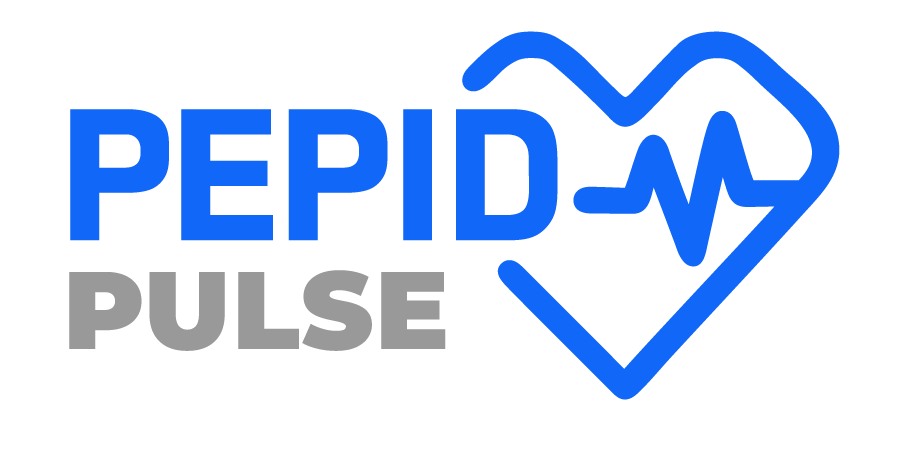
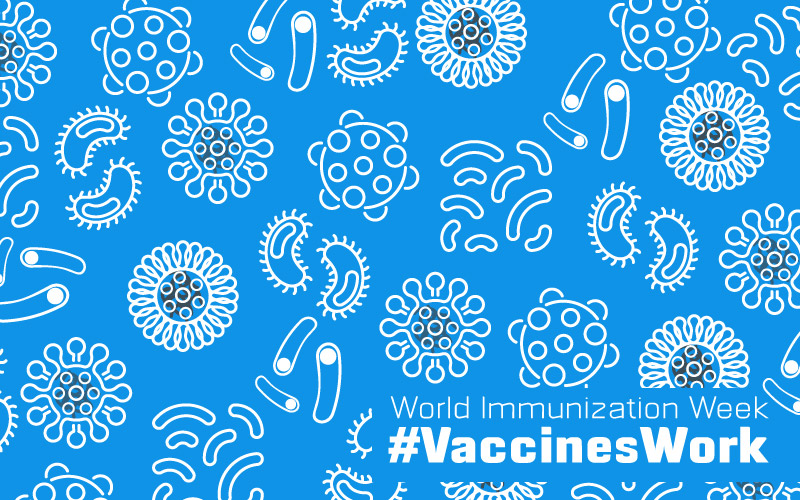
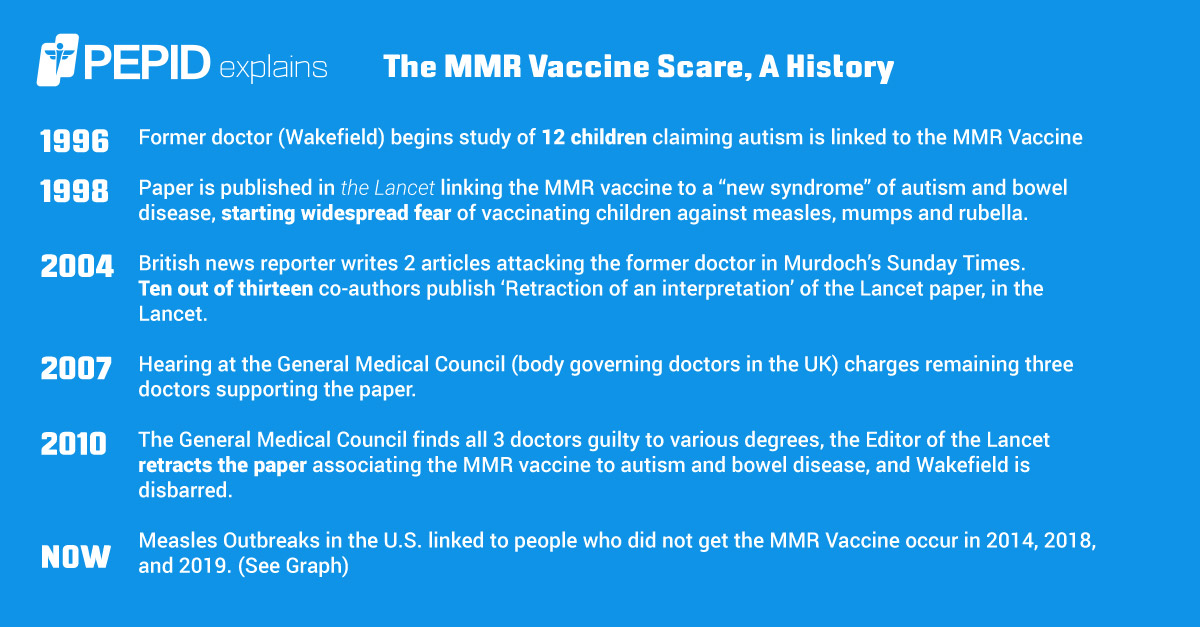

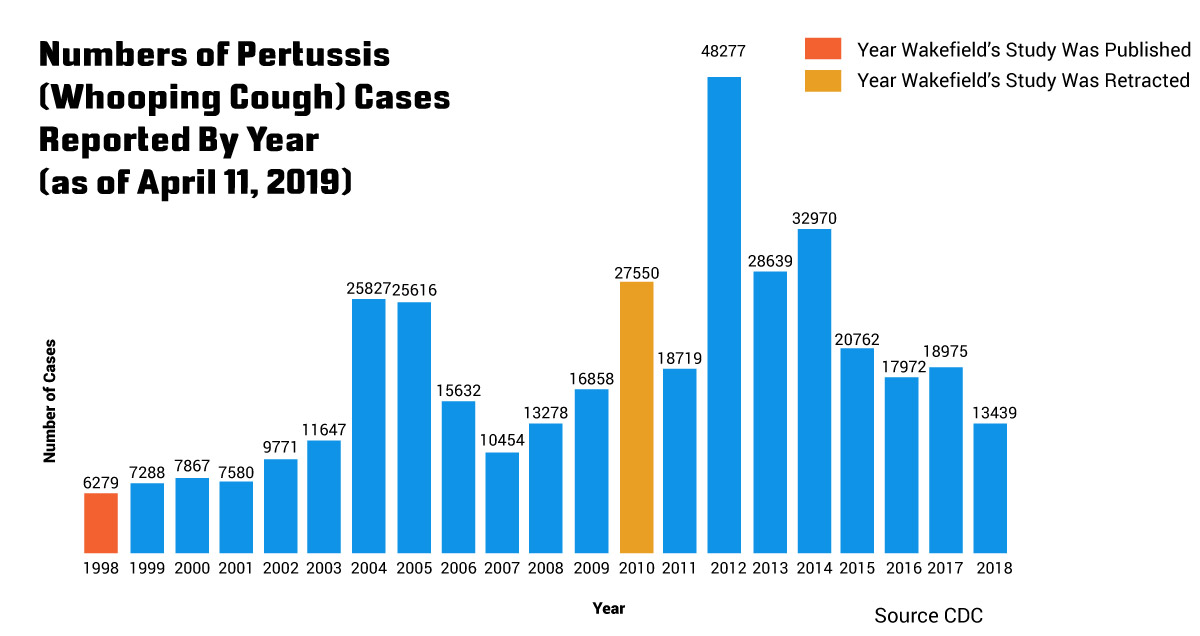
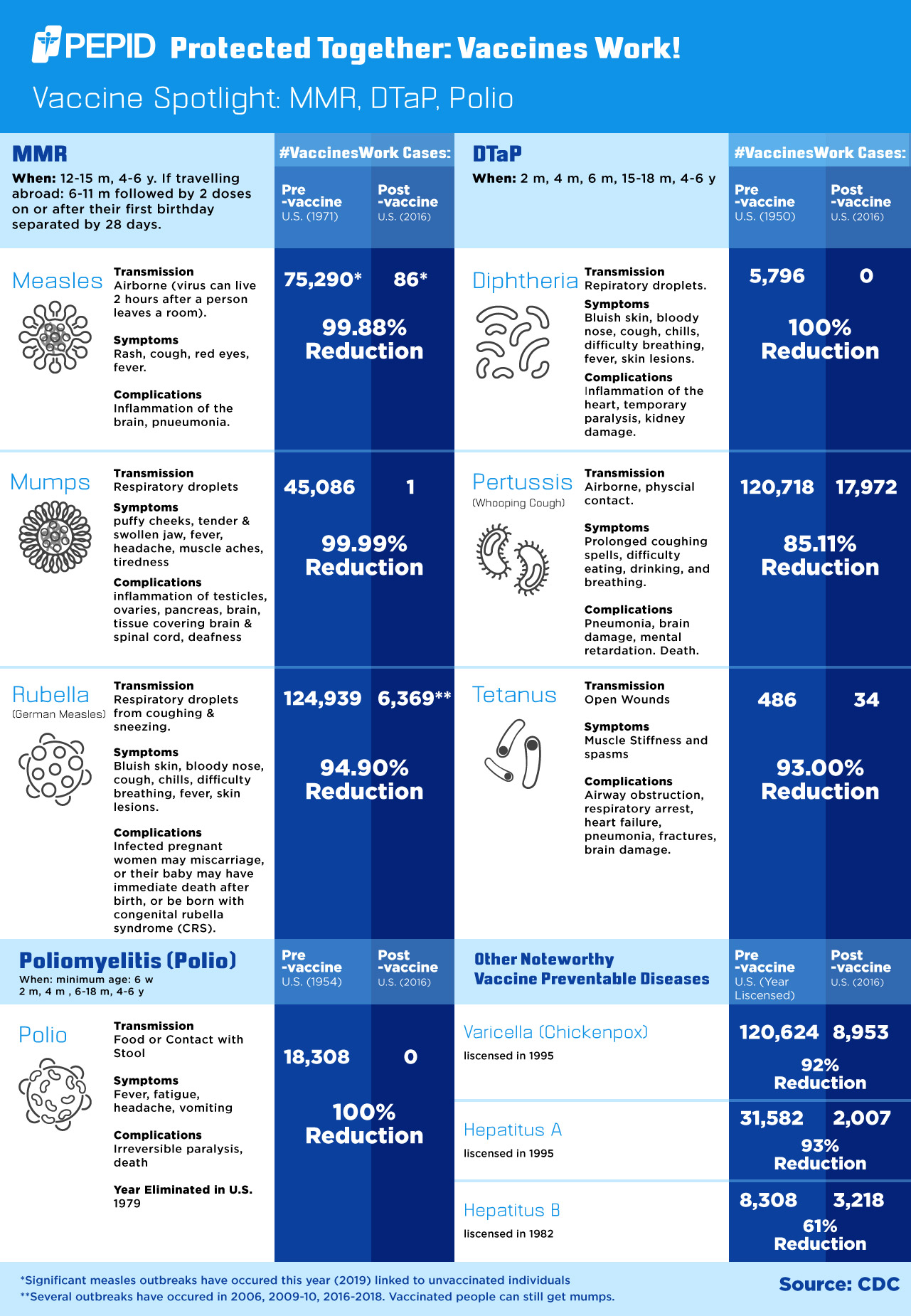
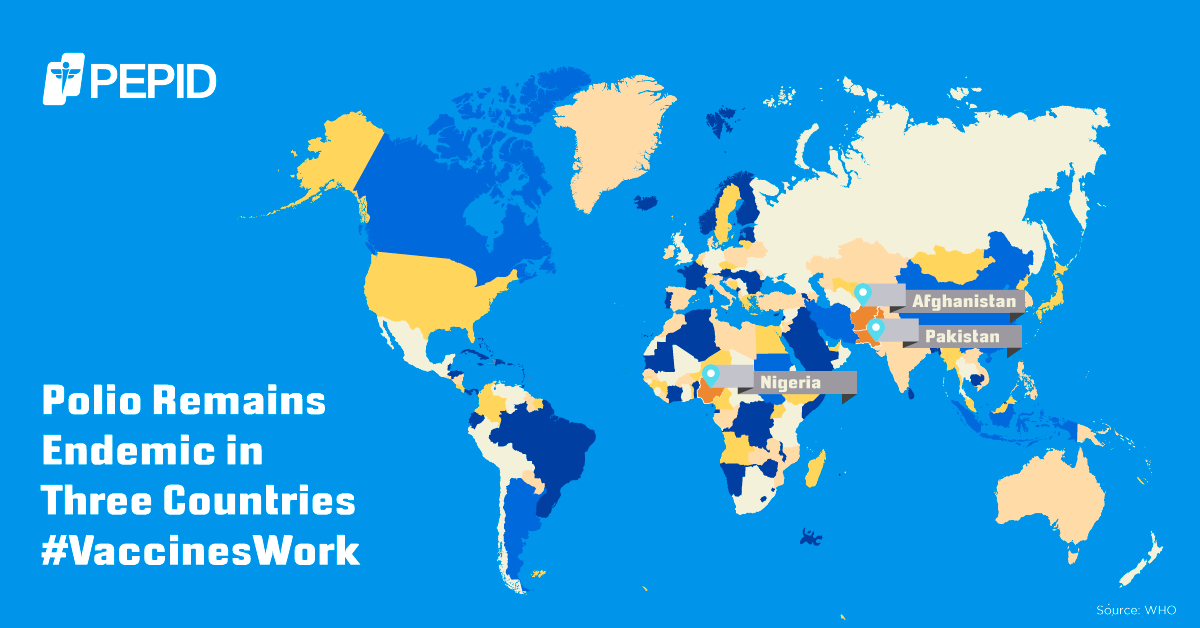
Trackbacks/Pingbacks